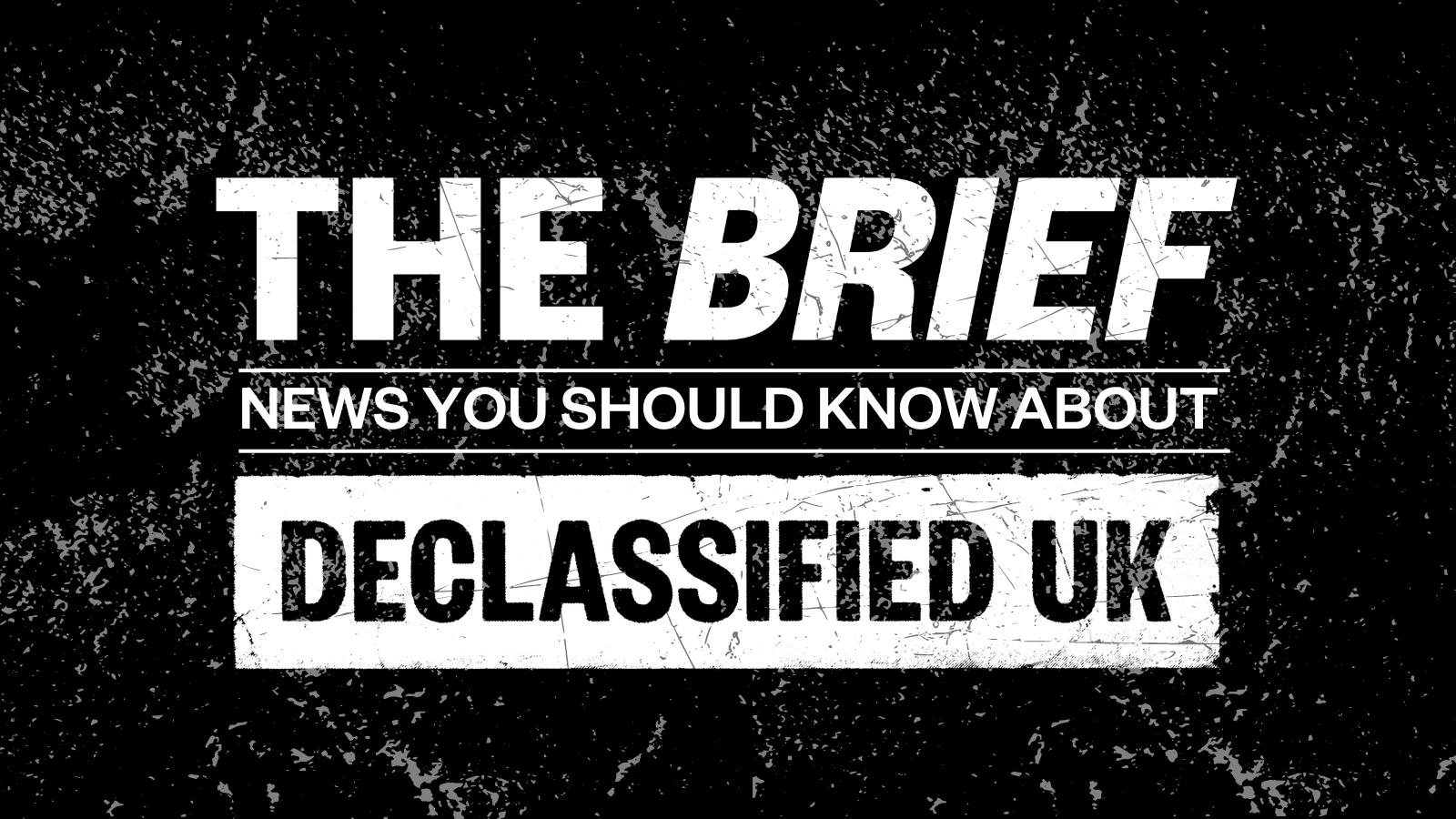
Declassified UK: Palestine Action proscribed. What happens now?
Posted: 10th July 2025
Palestine Action proscribed. What happens now?
At 00:01 on Saturday morning, Palestine Action was officially proscribed, marking the first time in history that a civil disobedience group has been legally branded as a terrorist organisation.
Hours prior, Palestine Action’s co-founder Huda Ammori had been refused “interim relief” from the proscription order at the High Court. In non-legal terms, this means the judge declined to temporarily suspend the proscription order pending future hearings.
The court heard from several witnesses on the legality and likely consequences of the ban, focussing on its Draconian nature and the chilling effect it would have on basic civil liberties.
One of the Home Office’s lawyers countered these arguments with the chilling words: “We accept of course that it is Draconian, and deliberately so”.
The judge ultimately found in favour of the Home Office, arguing that the balance of public interest weighed heavier in favour of proscription. National security concerns were central to the ruling, despite the Home Office having provided no evidence of urgency on this issue.
How did we get here?
On 20 June, Palestine Action activists broke into RAF Brize Norton in Oxfordshire and sprayed paint into the engines of two Voyager aerial refuelling aircraft. UK home secretary Yvette Cooper announced her intention to proscribe the organisation shortly afterwards.
But the court documents show Cooper had been “advised as early as 13 March 2025 that the statutory tests for proscription were met”, meaning the wheels for banning Palestine Action had already been turning for some three months before the order was laid.
Once the intention to ban Palestine Action had been stated, the UK government engaged in three forms of rank dishonesty to help pass the legislation through parliament.
Your donations fund our investigations - please chip in and support fearless independent journalism today.
First, the Home Office began briefing the press, without evidence, that Palestine Action could be funded by Iran. Second, Cooper overstated “the impact on innocent members of the public fleeing for safety and subjected to violence” by the direct-action group.
And third, the government included in the proscription order two other organisations, the Maniacs Murder Cult and Russian Imperial Movement, with the transparent goal of lumping Palestine Action together with neo-Nazi groups and making it difficult for MPs to vote “nay”.
What happens now?
The impact of the proscription was felt immediately on the streets of London, with 27 people arrested under the Terrorism Act on Saturday for holding signs saying: “I oppose genocide, I support Palestine Action”. Among them was an 83-year-old vicar, a former government lawyer, an emeritus professor, and health workers.
Opposition to the ban has also come from more unlikely places. The Times, owned by Rupert Murdoch’s media empire, issued a strong statement on Monday declaring the group was “an antisocial menace to public order” but not a terror threat.
And the legal battle is far from over. On 21 July, there will be a hearing on whether a judicial review will be granted on the proscription order. In the meantime, civil disobedience is likely to spread as the government intensifies its war on internal dissent.
Your donations fund our investigations - please chip in and support fearless independent journalism today.
Want to join the team? Declassified UK is seeking a talented video journalist to support and expand our existing video output. Click below for more details and to apply.
